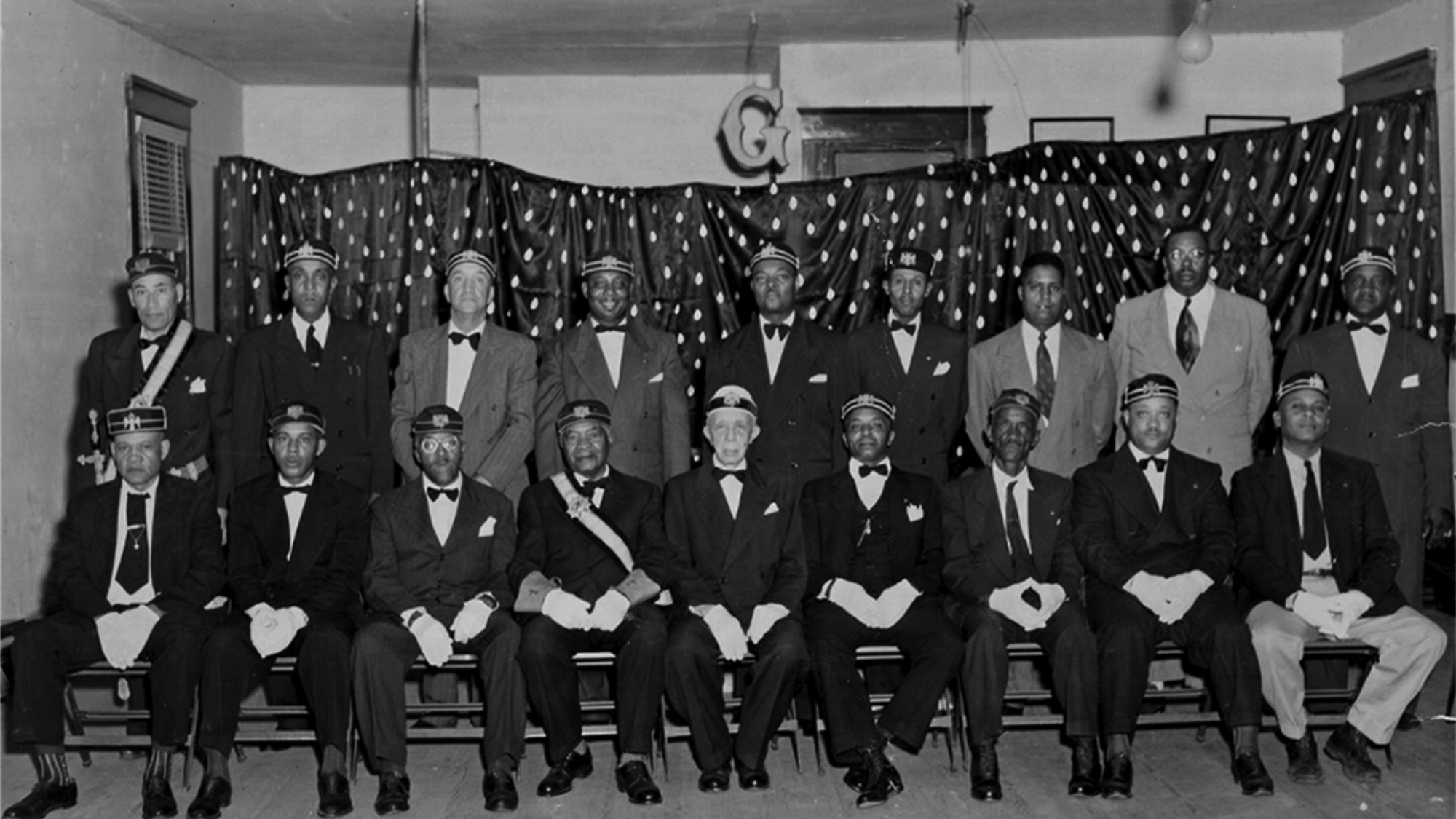
Freemasonry has played a significant role in shaping societies across the world, and Africa is no exception. Many African leaders, intellectuals, and visionaries have been part of the Masonic fraternity, using its principles of integrity, service, and brotherhood to drive change in their communities. From political pioneers to cultural icons, African Freemasons have left an indelible mark on history, influencing the course of their nations and inspiring future generations.
This article explores some of the most influential African Freemasons, highlighting their achievements and the impact of their Masonic values on their personal and public lives.
Kwame Nkrumah, the first President of Ghana and a leading figure in the Pan-African movement, was known for his vision of a united and independent Africa. As a Freemason, Nkrumah embraced the values of unity, self-determination, and service to humanity—principles that were evident in his fight for Ghana’s independence from British colonial rule in 1957.
Nkrumah’s leadership extended beyond Ghana, as he actively promoted African solidarity and cooperation. His commitment to social and political transformation reflected Masonic ideals of enlightenment, justice, and fraternity. Through education, infrastructure projects, and Pan-African initiatives, Nkrumah worked tirelessly to lay the foundations for African liberation.
Although not officially confirmed as a Freemason, Nelson Mandela’s leadership and moral principles closely aligned with Masonic values. Mandela’s lifelong fight against apartheid and his commitment to reconciliation embody the core tenets of Freemasonry—integrity, equality, and service to humanity.
As South Africa’s first black president, Mandela demonstrated the power of unity and forgiveness. His ability to bring people together after decades of racial division showed a deep commitment to the principles of brotherhood and mutual respect. His leadership remains a global symbol of resilience, justice, and human dignity.
Jomo Kenyatta, Kenya’s founding father and first president, was a known Freemason who played a crucial role in the country’s struggle for independence. As a leader, Kenyatta worked to unite different ethnic groups and foster national cohesion, reflecting the Masonic ideals of fraternity and collective progress.
Kenyatta was also an advocate for education, economic self-sufficiency, and African heritage. His emphasis on Harambee (a Swahili term meaning “pulling together”) resonated with the Masonic principle of working towards a common good. His leadership helped shape modern Kenya and laid the groundwork for future generations.
Léopold Sédar Senghor, the first President of Senegal and a renowned poet, was another influential African Freemason. A scholar and intellectual, Senghor promoted the philosophy of Negritude, celebrating African culture and identity. His belief in humanism and mutual respect reflected Masonic values of enlightenment and inclusivity.
Senghor was instrumental in developing Senegal’s education system and promoting the arts. His leadership emphasized diplomacy, cultural pride, and national development, leaving a legacy that continues to inspire Africans today.
Haile Selassie, the Emperor of Ethiopia from 1930 to 1974, is often associated with Freemasonry due to his strong commitment to global unity, justice, and humanitarian efforts. A revered leader, Selassie played a key role in establishing the African Union and advocating for African independence from colonial rule.
His leadership during Ethiopia’s resistance against Italian invasion in the 1930s showcased his dedication to sovereignty and self-determination—values that align with Freemasonry’s emphasis on independence, courage, and moral responsibility. His influence extended beyond Africa, inspiring movements like Rastafarianism and Pan-Africanism.
John Agyekum Kufuor, the former President of Ghana (2001–2009), is an openly recognized Freemason who served as the Grand Master of the Grand Lodge of Ghana. During his presidency, Kufuor focused on economic reform, education, and social welfare programs, reflecting Freemasonry’s dedication to progress and service.
Kufuor’s leadership emphasized stability, democracy, and national unity. His belief in Masonic principles of charity and good governance contributed to Ghana’s development and strengthened its democratic institutions.
Amadou Hampâté Bâ, a Malian historian, writer, and ethnologist, was a Freemason dedicated to preserving African oral traditions and indigenous knowledge. His scholarly work emphasized the importance of history, wisdom, and cultural heritage—values deeply connected to Masonic teachings.
Bâ’s contributions to African literature and anthropology helped document and promote the continent’s rich traditions. His advocacy for education and knowledge-sharing mirrored Freemasonry’s emphasis on lifelong learning and enlightenment.
Freemasonry has long been a guiding force for many African leaders, providing a moral and philosophical framework that encourages ethical governance, unity, and service to humanity. Masonic values such as integrity, charity, and fraternity have inspired leaders to fight for independence, justice, and national development.
The influence of Freemasonry in Africa extends beyond politics. Many Freemasons have contributed to education, arts, and humanitarian efforts, ensuring that their impact goes beyond their lifetimes. The principles of the fraternity continue to resonate with those committed to personal growth and societal advancement.
The legacy of African Freemasons is deeply woven into the history of the continent. From independence movements to cultural revolutions, these individuals have used Masonic ideals to shape their nations and uplift their people. Their contributions serve as a testament to the fraternity’s enduring impact on leadership, governance, and social progress.
As Freemasonry continues to evolve in Africa, it remains a source of guidance and inspiration for those who seek to build a better future. The stories of these influential African Freemasons remind us that true leadership is built on principles of service, wisdom, and integrity—values that transcend time and borders.
Would you like to explore more about Freemasonry’s role in specific African countries or its influence in modern-day society.